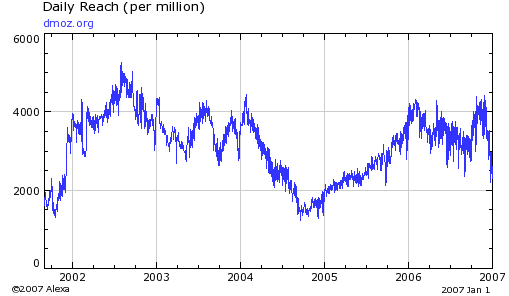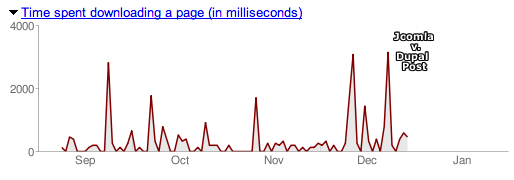What Everyone Needs to Know About SEF URL Components
One of the questions I get asked most frequently during SEO work is, "Which component should I use for search engine-friendly URLs with Joomla?" There are currently three available: Open-SEF from J-Prosolution.com (Free) Artio SEF from Artio.cz (Free) SEF Advance…

